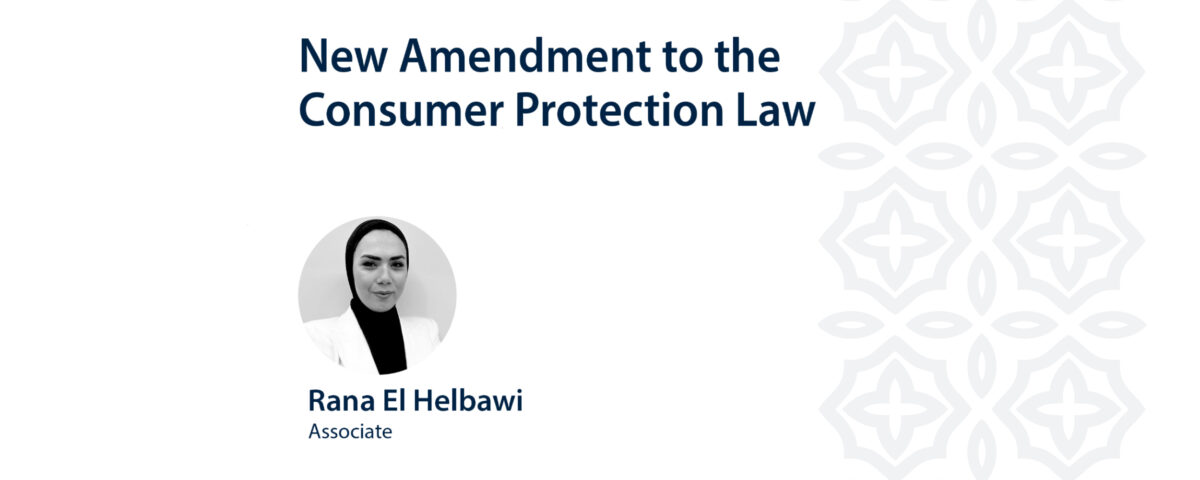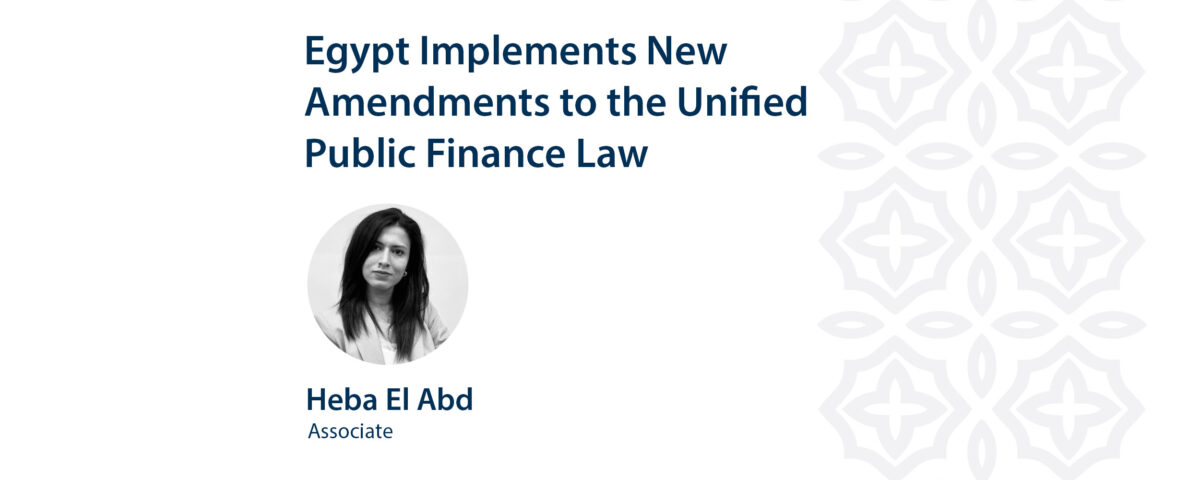
Corporate crimes under the Egyptian Companies Law
However, its commonly known that the Egyptian Companies Law (the “Law”) regulates all majour aspects of corporate governance in Egypt; but in fact, this Law includes many corporate crimes that are important for concerned parties to consider in order to avoid violating any of them.
There are crimes related to recording, stating and presenting false data in shares prospectus in Joint Stock Companies, number and payment of allotments owned by each partner and reporting such data by the Board members/directors to the General Shareholder Assembly. In addition to other crimes such as valuation fraud of in-kind shares, calling for an Initial Public Offering in limited liability companies, dividends distribution in violation to the Law and forging any of the company’s ledgers. Other than the corporate crimes above, the Law includes also a number of crimes that can be committed by public officials such as disclosure of confidential information by public officials where such information was presented to them as a part of their official role and recording false facts or omitting essential facts in their reports.
The Law includes as well other crimes for breaching the provisions regulating the minimum required ratio of local representation in company’s employees and wages, breaching the obligatory rules of law, prohibiting the competent administrative officials from reviewing the company’s ledgers and finally the delay in holding the General Shareholder Assembly’s meetings.
All of these crimes are deemed as misdemeanors, and their sanctions can reach an imprisonment of up to 3 years, and a fine of up to EGP 10,000. Moreover, fines shall be duplicated in case of reoccurrence of same crime or in case of abstain to eliminate the crime that a final verdict is rendered upon.
As of 2018, the Minister of Investment (currently the Prime Minister) is granted the right of reconciliation in some of these crimes in return of a payment of a value not less than double the fine’s minimum amount.
Focus on the most important 2 corporate crimes:
- dividends’ distribution in violation to the Law
the Law prescribed the general classification of distributing dividends, while the company’s statute organizes the procedures and limits of such distribution, the non-fulfillment of what is prescribed in the Law or the company’s statute shall arise this crime; either in the form of the distribution of dividends in violation to the Law or the company’s statute, or the form of the non-distribution of dividends at all. The crime shall be occurred by all of these forms.
- forging any of the company’s ledgers
this crime when stipulated in the Law described two acts, the first is forging company’s ledgers which is, in case of a joint stock company, already penalized according to the Egyptian Penal Code by imprisonment of up to 5 years. The second act is presenting false data reports to the General Shareholder’s Assembly which may affect its decision.
Caselaw:
In application to these rules of law, a verdict was rendered on November 30, 2010 from the misdemeanor’s tribunal of Cairo Economic Court in a case where the claimant, who is a shareholder and board member in a company, accused the defendant, who is the same company’s chairman, of distributing dividends in violation to the provisions of the Law and the company’s statute. Once the report of the financial expert mandated by the court declared the distributed dividends are not performed accordingly, the defendant found guilty and was punished with a fine of EGP 10,000, in addition to referring the civil case to the civil court.
The effects of such crimes are not only limited to its sanctions, but to the civil liability arises from such sanctions according to the civil law, moreover the law stipulates that a final judgment of any of these crimes should prohibit the person from being appointed as a board member in any joint stock company in Egypt.
Related Briefings
Egypt Implements New Amendments to the Unified Public Finance Law
- Briefings
- Corporate Crimes











